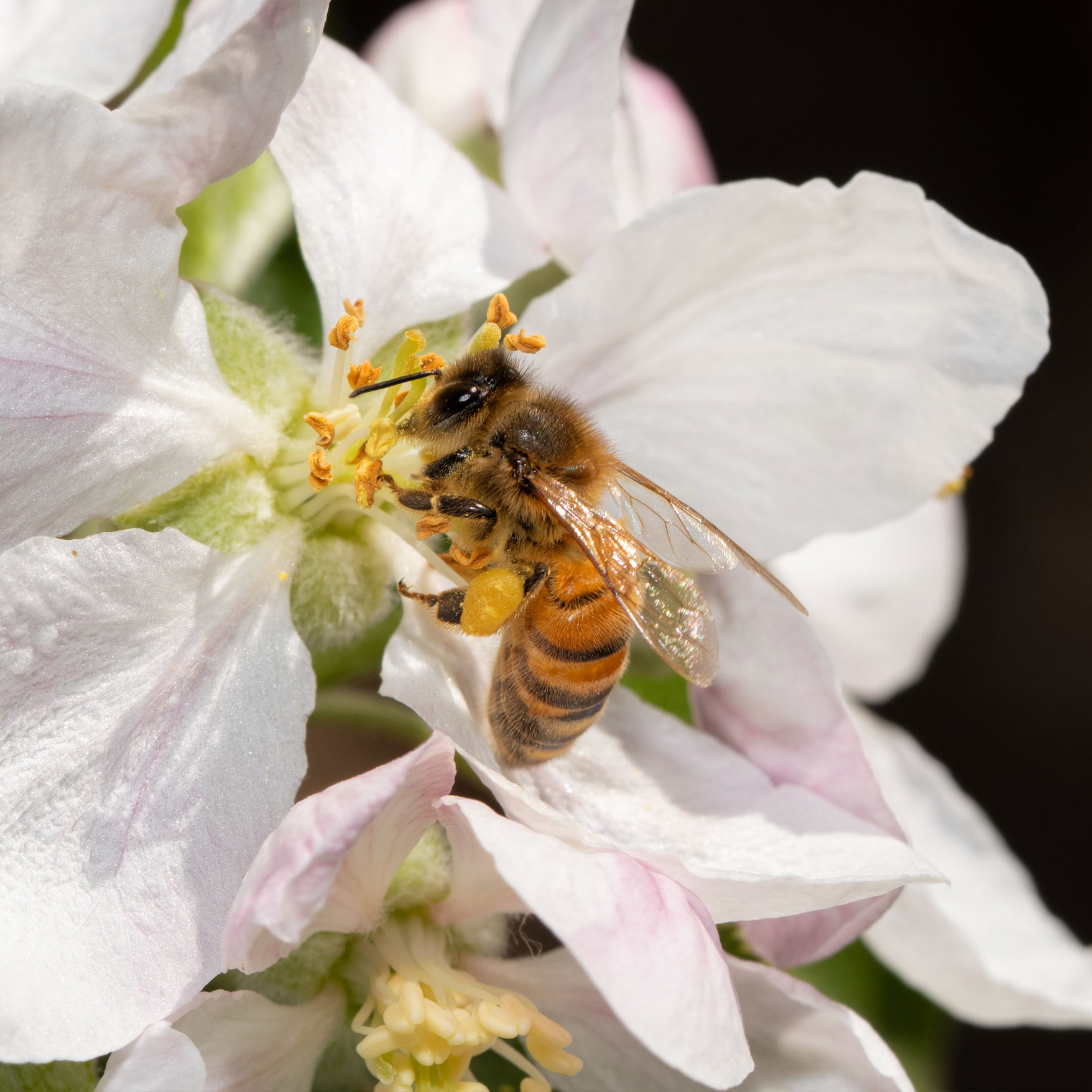For the apple industry, research and extension activities supported by the Agriculture Department enable introduction of new cultivars, fight invasive pests and diseases, implement improved pest management strategies, mitigate the impact of climate change, and develop sustainable production practices and science-based food safety initiatives.
- The Specialty Crop Research Initiative
The critical value of the SCRI can be illustrated by two of the many important research efforts; 1) the Spotted Lanternfly Project and 2) the Brown Marmorated Stink Bug Project that have prevented the loss of tens of millions of dollars of specialty crops. Specific projects with multi-state and multi-institutional impact include development of new Integrated Pest Management practices to enhance workplace safety and reduce environmental impact (CA, MI, OR, UT, WA), and application of modern genomics and genetic technologies to create apple cultivars with consumer-preferred traits (AR, CA, FL, MI, MN, NY, TX, SC, WA). - Geneva Apple Rootstock Breeding Program
Consumers and growers nationwide benefit greatly from improved disease resistance and increased productivity provided by new rootstock varieties. Research is being conducted in the following states – CA, ID, ME, MA, MD, MI, NC, NJ, NY, OH, OR, PA, UT, VA, WV and WA. - The National Clean Plant Network
The NCPN protects U.S. specialty crops, including apples, from the spread of plant pests and diseases. The tree fruit, grape, and nursery industries rely on the NCPN as the single, nationally-certified source of plant material free of potentially devastating diseases.





